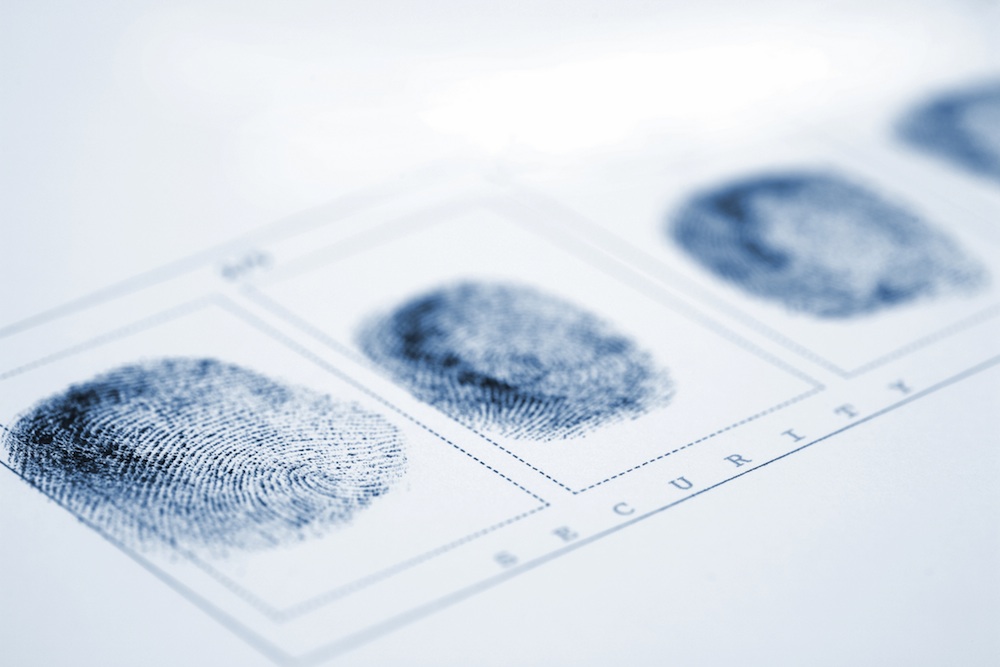Solved: Why Some People Don't Have Fingerprints

A rare gene mutation may be the reason that some people are born without fingerprints, a new study finds.
The fingerprint-free disorder is informally known as "immigration delay disease," because some countries require fingerprinting for entry. The scientific name, however, is adermatoglyphia. (Scientists call the tiny, unique ridges on our fingers and toes dermatoglyphs.)
In most people, fingerprints form in the womb, just 24 weeks into gestation. But in at least four families around the world, fingers are print-free. This might seem like a ticket to a life of consequence-free crime, but in fact, adermatoglyphia often comes with unpleasant side effects, including skin blistering and facial cysts.
Researchers at Tel Aviv Sourasky Medical Center tested a Swiss family affected by adermatoglyphia, comparing the genomes of the nine family members without fingerprints with the seven family members with prints.
They traced the disorder to a gene mutation on chromosome 4. (Humans have 46 chromosomes in all, which come in 23 pairs, one half of each pair from the mother and the other half from the father.) The gene, SMARCAD1, controls a number of other development-related genes. In the Swiss family, members with adermatoglyphia have a shortened version of SMARCAD1, expressed solely in the skin. The mutation also reduces the number of sweat glands in the palms of the people with the disorder.
Very little is known about the function of SMARCAD1, study researcher Eli Sprecher of the Tel Aviv Sourasky Medical Center said in a statement. But the experience of the Swiss family suggests that the gene controls other genes that affect both skin ridges and sweat glands.
"Furthermore," Sprecher said, "as abnormal fingerprints are known to sometimes herald severe disorders, our finding may also impact the understanding of additional diseases affecting not only the skin."
Sign up for the Live Science daily newsletter now
Get the world’s most fascinating discoveries delivered straight to your inbox.
The researchers reported their results today (Aug. 4) in The American Journal of Human Genetics.
You can follow LiveScience senior writer Stephanie Pappas on Twitter @sipappas. Follow LiveScience for the latest in science news and discoveries on Twitter @livescience and on Facebook.

Stephanie Pappas is a contributing writer for Live Science, covering topics ranging from geoscience to archaeology to the human brain and behavior. She was previously a senior writer for Live Science but is now a freelancer based in Denver, Colorado, and regularly contributes to Scientific American and The Monitor, the monthly magazine of the American Psychological Association. Stephanie received a bachelor's degree in psychology from the University of South Carolina and a graduate certificate in science communication from the University of California, Santa Cruz.









